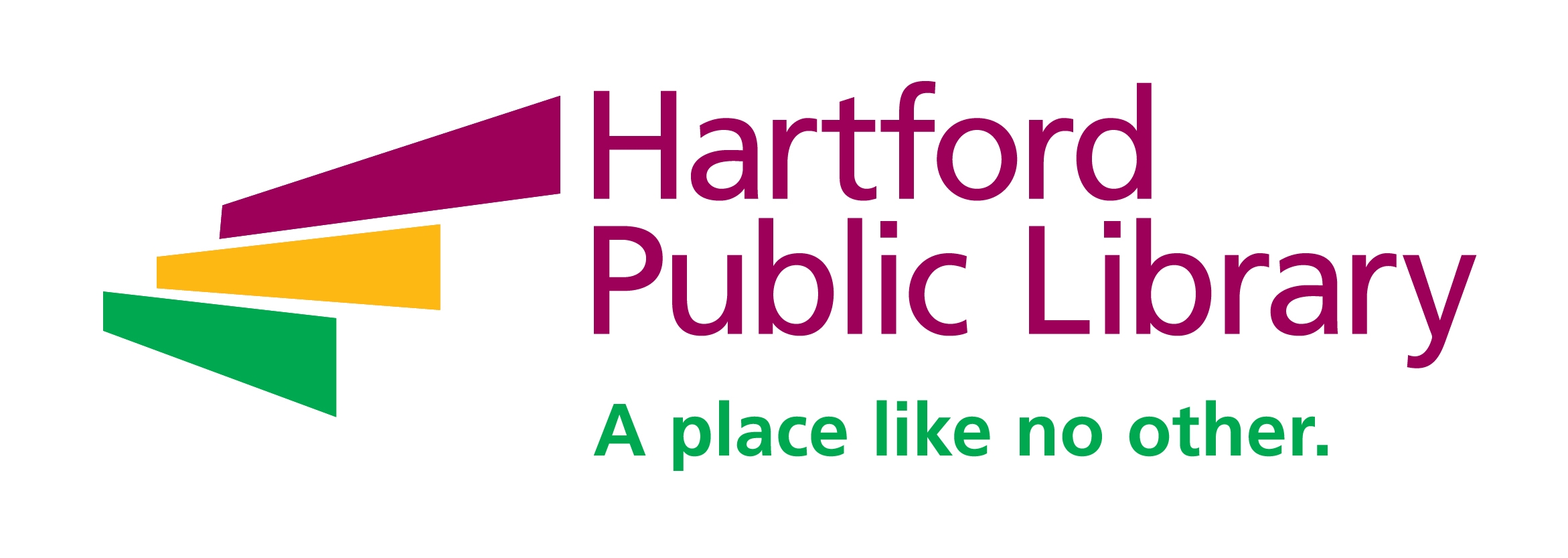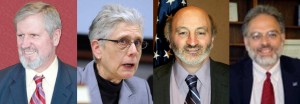Hartford as Global City: Immigrant Civic Engagement Initiative Gains Recognition
/
Hartford is quite an international city, a melting pot of cultures and backgrounds that most assume is the exclusive province of major metropolitan areas such as New York and Boston. But in language, nation of origin, and cultural traditions, virtually every corner of the globe is represented in Connecticut’s Capitol City, and its surrounding communities.
In fact, Hartford is a popular resettlement city, with about 25 percent of the city’s population recent immigrants. To respond to the significant need among the various immigrant communities for assistance and guidance in navigating language barriers and cultural differences and more fully integrating into their new home community, a partne rship of Hartford-based organizations stepped up in a way that has proven quite effective, and is gaining national recognition.
rship of Hartford-based organizations stepped up in a way that has proven quite effective, and is gaining national recognition.
The Hartford Public Library received funding in 2010 for an Immigrant Civic Engagement Project through the Institute of Museum and Library Services (IMLS), to develop a comprehensive program to promote immigrant civic engagement. The initiative had two goals:
- Facilitate the transition of newly arrived immigrants into the community and build trusting relationships of mutual understanding between new and longtime residents
- Engage established immigrants in civic integration and facilitate their involvement in broader community building efforts
At the annual conference of the international Association for Research on Nonprofit Organizations and Voluntary Action (ARNOVA), hosted recently by Hartford and held at the Connecticut Convention Center, the leaders of the ground-breaking Hartford partnership were called upon to lead a session to outline their work for those who may seek to emulate it in other communities across the country.
Among the presenters was Richard Frieder, Director of Community Development & Civic Engagement within the Cultural Affairs & Public Programming Department and Center for Civic Engagement of the Hartford Public Library. Frieder was joined by Homa Naficy, Chief Adult Learning Officer and Nancy Caddigan, Intercultural Liaison of the Hartford Public Library, and Kyle Barrette and Rebecca Thomas of the UConn School of Social Work.
Innovative Approaches, Impactful Outcomes
Their session, called “Innovative Approaches to Community Development in a Challenging Economy and Changing Society,” was well-received by conference participant from across the country. They focused on “effectiveness, evaluation and programs,” outlining what was done and why – and how it all worked.
- They described an effort that engages immigrants and “receiving” community members, social service providers and other immigrant advocates, highlighting the importance of building networks of trusting relationships.
- The initiative provided an opportunity to address immigrant voices isolated from the mainstream, respond to language and economic barriers, and address the lack of engagement in community and civic associations.
- The program featured “cultural navigators” – some of them bilingual - and community dialogues – held at the Library’s American Place - all aimed at improving the immigrant experience in Hartford.
Most of all, it created bonds between existing members of the community – many of them retired teachers and social workers who volunteered to be “cultural navigators” – and immigrants looking to ad just to their new land.
just to their new land.
New connections were developed between city officials, organizations and service providers to the immigrant and refugee community, and both the immigrant community and receiving community became engaged in community building. There was also outreach to churches, community centers and other neighborhood organizations.
Over three hundred people were involved across all activities of the three year project.
The outcomes were substantial, and included the development of strong relationships, an increased awareness of immigrant issues, integration of immigrant and refugee families within their local communities, and increased social capital for immigrant as well as receiving communities. In addition, action teams focused on new community projects, municipal and organizational investment in immigrant and refugee issues was enhanced, and a City Commission on Immigrant Affairs was established.
UConn School of Social Work students, as part of the grant-funded initiative, served as program evaluators, maintaining a rigorous evaluation of outcomes, and an audit trail of activities so that the entire project could be replicated.
At the end of the day, organizers hope that the program has effectively “changed the way that people think about immigrants – and the Capitol City.” Hartford is a global community. And it has produced a program that can help immigrants here and elsewhere to settle in and excel.


 ts from the U.S. and beyond will exchange knowledge about voluntary action, nonprofit organizations, and philanthropy – and Connecticut will be well represented among participants. David Nee, representing the Connecticut Data Collaborative and Terry Edelstein, nonprofit liaison to the Governor will be among the panelists for a plenary session of the Conference. Among those attending the national conference close to home are Kyle Barrette (UConn), Mary Bernstein (UConn), Ron Cretaro (Connecticut Association for Nonprofits), Robert Fisher (UConn), Richard Frieder (Hartford Public Library), Maggie Gunther Osborn (Connecticut Council for Philanthropy), Reinaldo Rojas (UConn), Homa Naficy (Hartford Public Library), Nmarasimhan Srinivasan (UConn), Rebecca Thomas (UConn) and Jun Yan (UConn).
ts from the U.S. and beyond will exchange knowledge about voluntary action, nonprofit organizations, and philanthropy – and Connecticut will be well represented among participants. David Nee, representing the Connecticut Data Collaborative and Terry Edelstein, nonprofit liaison to the Governor will be among the panelists for a plenary session of the Conference. Among those attending the national conference close to home are Kyle Barrette (UConn), Mary Bernstein (UConn), Ron Cretaro (Connecticut Association for Nonprofits), Robert Fisher (UConn), Richard Frieder (Hartford Public Library), Maggie Gunther Osborn (Connecticut Council for Philanthropy), Reinaldo Rojas (UConn), Homa Naficy (Hartford Public Library), Nmarasimhan Srinivasan (UConn), Rebecca Thomas (UConn) and Jun Yan (UConn). d all aspects of civil society, as well as to meet the needs of those who study and lead “the social sector.”
d all aspects of civil society, as well as to meet the needs of those who study and lead “the social sector.” 




























